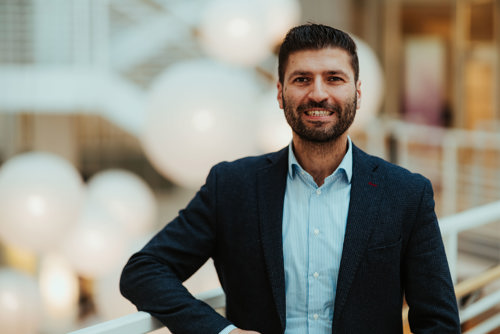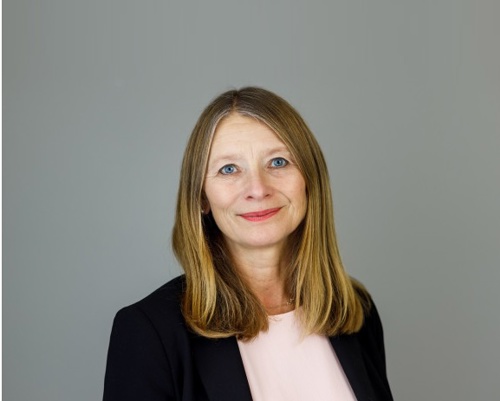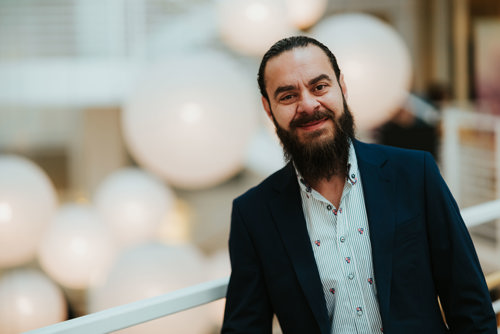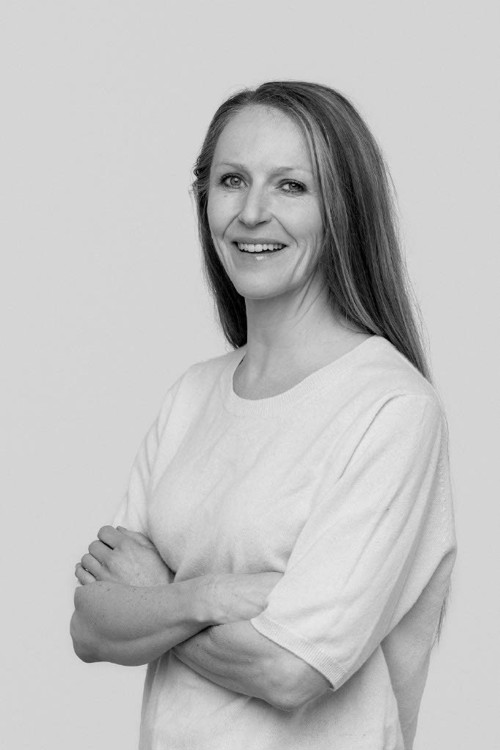Kristiania-frokost: Når blir Norge kontantfritt?
AVLYST: Vi drøfter hvordan digitale finansielle tjenester utfordrer sikkerhet, politikk og forbrukeren. Velkommen!
Dato: 7. november
Tid: 08.30 - 10.00
Sted: Kirkegata 23-25, Oslo
ARRANGEMENTET ER AVLYST
The event will be held in English
Regjeringen har nylig styrket forbrukernes rett til å betale med kontanter. Hvorfor? Handler det om geopolitisk uro og redsel for cyberangrep og hacking? Om at personinformasjon – og pengene dine – kan komme på avveie? Er årsaken at vi blir mer sårbare når vi gjør oss avhengige av teknologi? Eller om at folk synes det er vanskelig å forstå og å bruke teknologien? Blir Norge noen gang kontantfritt?
Finansielle tjenester som bruker teknologi (FinTech) har blant annet gitt oss raskere behandlingstider for transaksjoner, brukervennlig tilgang til flere typer finansielle tjenester og folkefinansierte lån. Og kryptovaluta. Hvilken teknologisk utvikling vil vi se innen finanssektoren i de kommende årene?
Vi inviterer til Kristianiafrokost, der vi tar opp mulighetene, risikoene og utfordringene, og drøfter løsninger for trygge, effektive og robuste digitale finansielle tjenester i fremtida. I panelsamtalen spør vi: Hvordan vil et kontantfritt Norge utfordre sikkerhet, politikk og forbrukeren?
Program:
The program is being updated
08.00 - 08.30: Coffee and registration
08.30 - 08.35: Welcome / Helene Lie Røhr, Vice Dean, School of Economics, innovation and technology, Kristiania
08.35 - 08.50: Unlocking Potential: The Impact of Open Banking on Financial Services /Ahmad Ghazawneh, Associate Professor, School of Economy, Innovation and Technology, Kristiania
08.50 - 09.05: TBA /Yngvar Ugland, Director of Innovation, DNB
09.10 - 09.40: Discussion: In what way would a cashless society challenge security, politics, and consumers in Norway?
Panel participants:
Gry Nergård, Consumer Director, FinansNorge
Yngvar Ugland, Director of Innovation, DNB
Ahmad Ghazawneh, Associate Professor, School of Economics, Innovation and Technology, Kristiania
Moutaz Haddara, professor, School of Economics, Innovation and Technology, Kristiania
Moderator: Kristin Undheim, Ph.d. candidate, School of Economics, Innovation and Technology, Kristiania.
About the participants:

Yngvar Ugland

Ahmad Ghazawneh

Gry Nergård

Moutaz Haddara

Kristin Undheim
She has served on the board of BN bank for four years and she has been a consultant for a range of financial players. Undheim has an MSc in sociology from London School of Economics.

